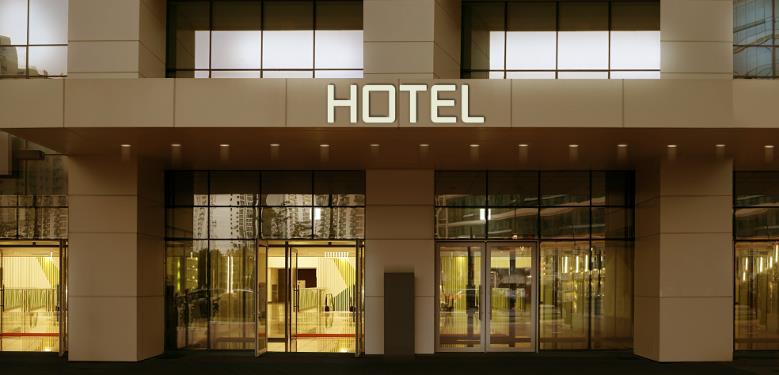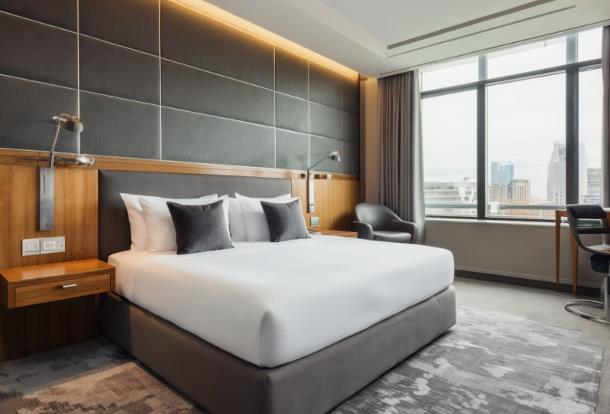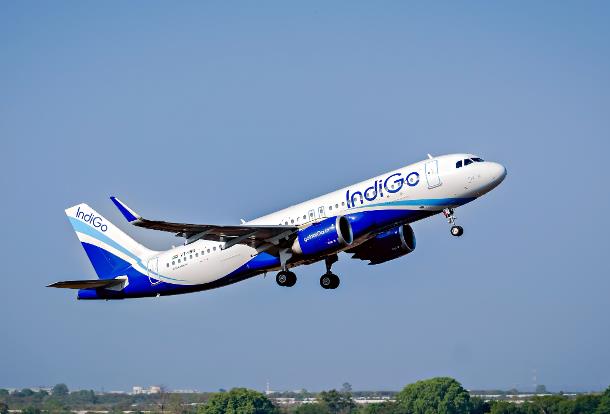
A new trend has emerged in China: five-star hotels setting up food stalls on the street.
At Yonghe Bojue International Hotel in Zhengzhou, the stall opens at 5 p.m., but people start lining up as early as 4:30 p.m. The response from residents are enthusiastic—queues stretch up to 20 meters long, and the hotel reportedly earns around RMB 30,000 (about USD 4,100) per day from stall sales.
This wave of five-star hotels “taking to the streets" reflects the mounting operational pressure stemming from declining food and beverage (F&B) revenues.
According to data from Beijing Hetai Shengdian, the average F&B revenue of full-service upscale hotels in 2024 was RMB 10.21 million (USD 1.42 million), down 38.3% from RMB 16.55 million in 2019.
Following the alcohol ban implemented in May, reports of violations related to official dining have surged, highlighting a strict regulatory crackdown.
In regions affected by the alcohol ban, media reports indicate that high-end restaurants have seen a 60%–80% drop in alcohol sales. For establishments that rely heavily on government or business banquets, overall revenue has plummeted by over 50%.
The number of high-end hotels in the market has also declined in recent years.
According to official data from the Ministry of Culture and Tourism, as of Q3 2024, China had only 736 five-star hotels—a nearly 13% drop from 845 in 2019.
In this challenging environment, how can upscale hotel dining reinvent itself?
According to Mr. Z, “Five-star hotels need transformation. Reinventing their offerings is essential—developing Michelin- or Black Pearl-level restaurants is the path forward to revitalize premium dining.”




